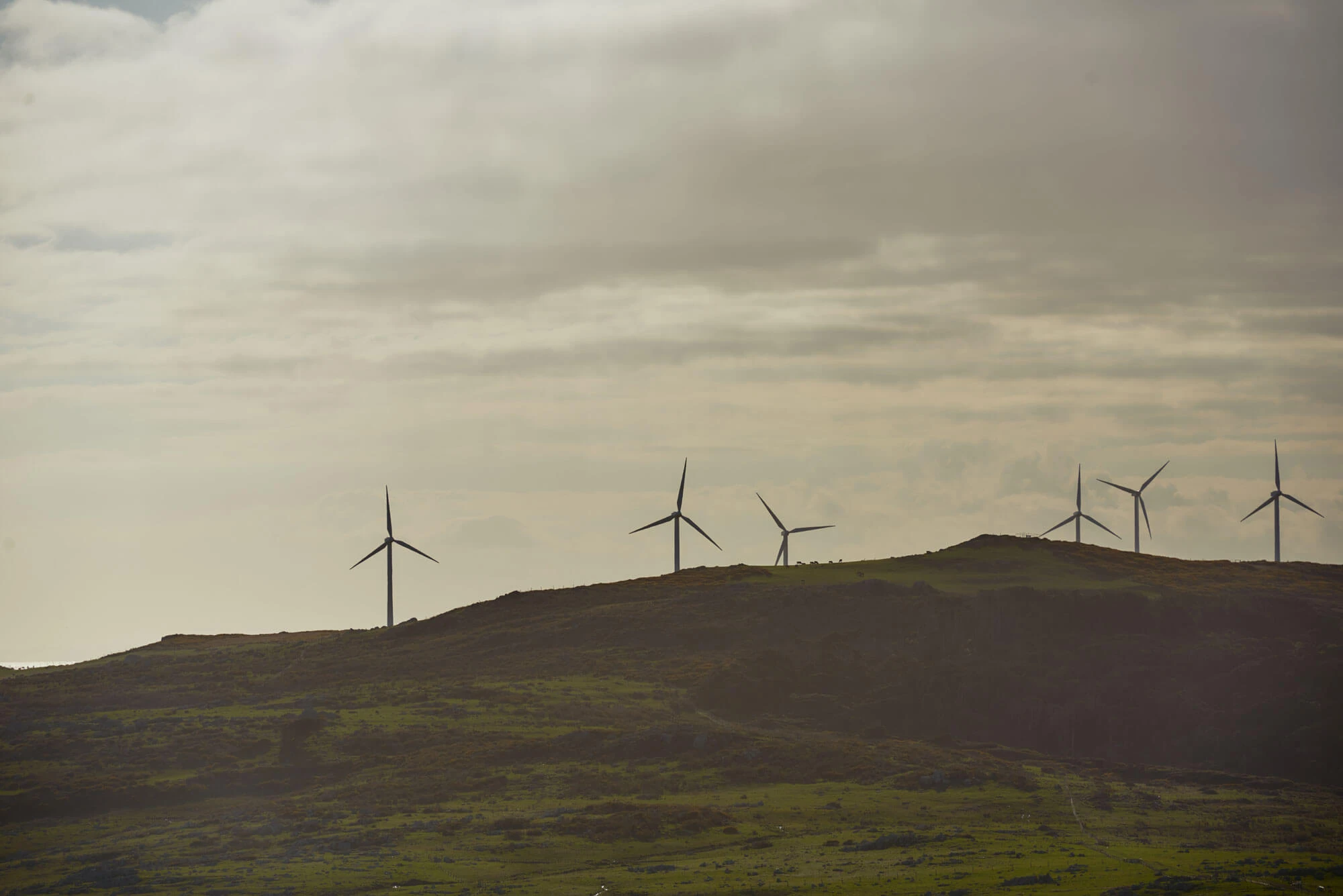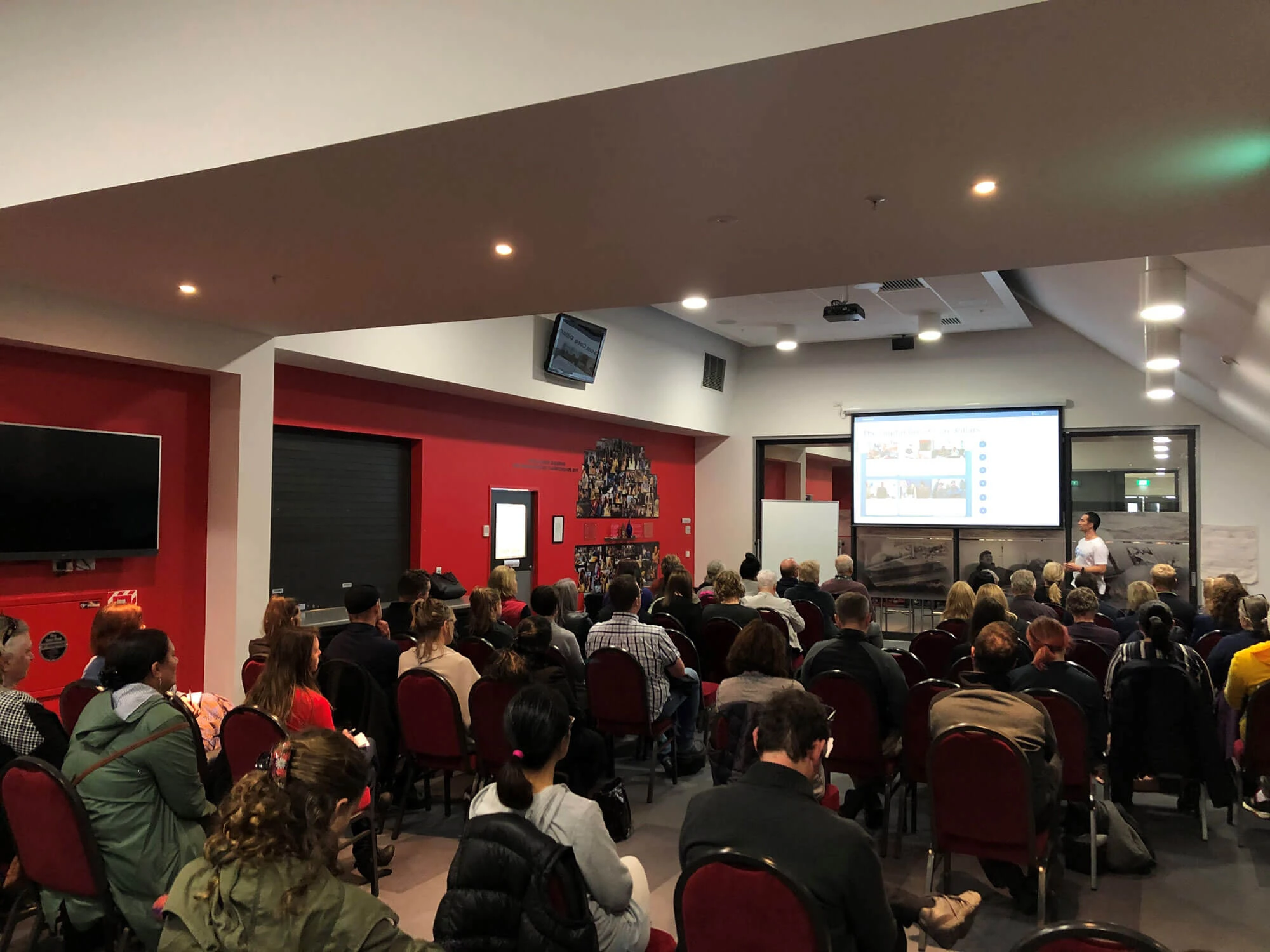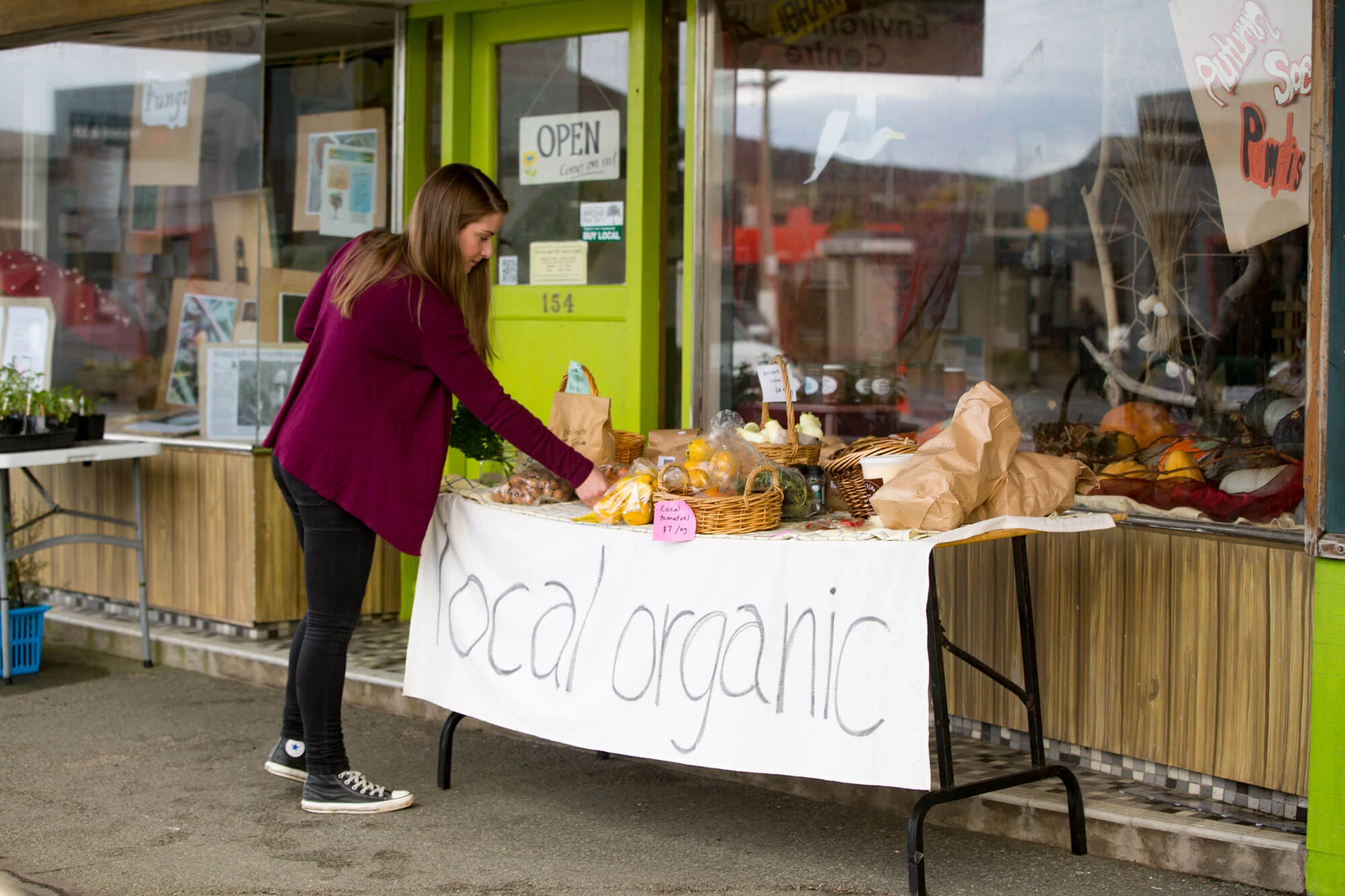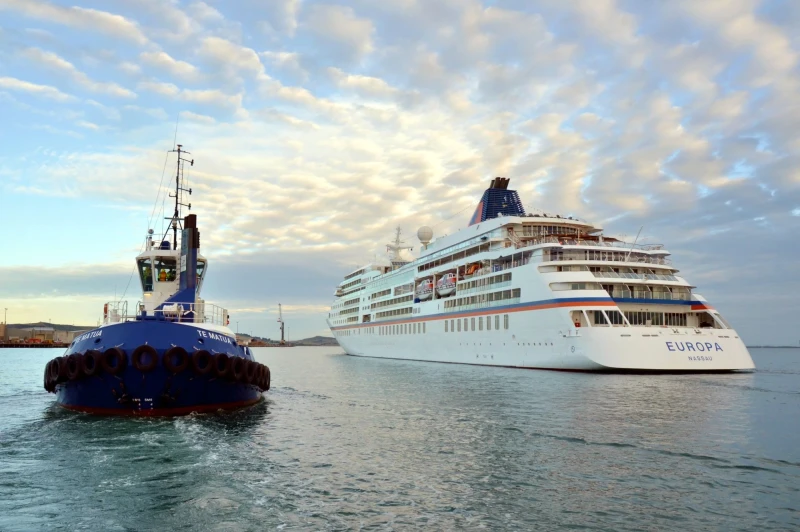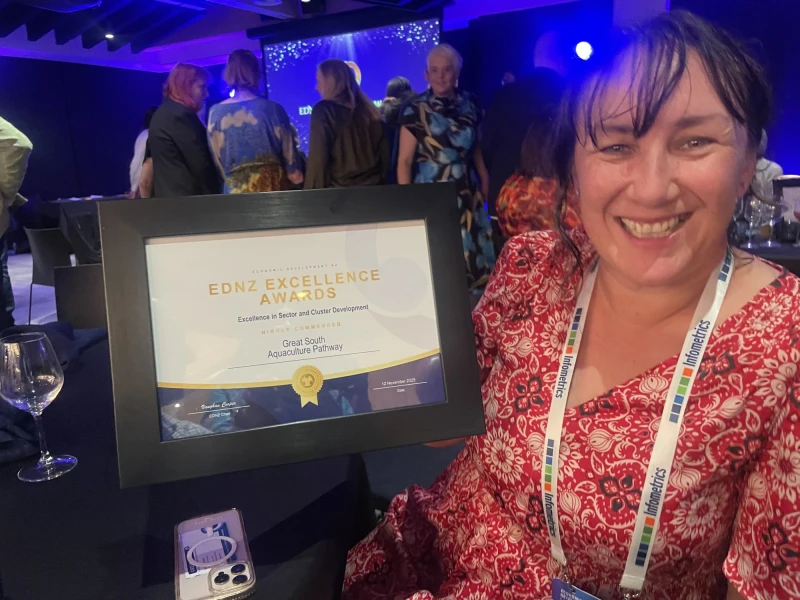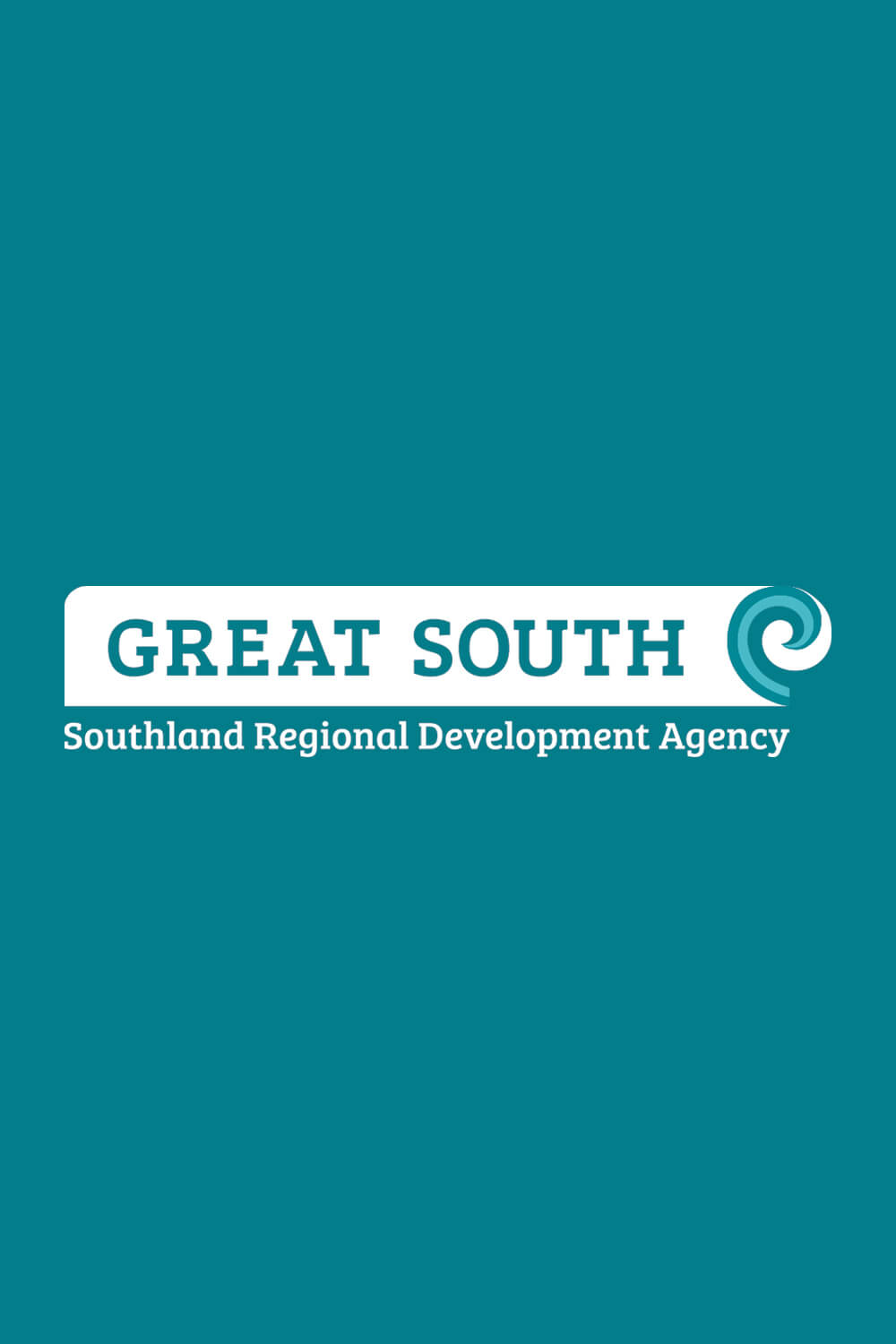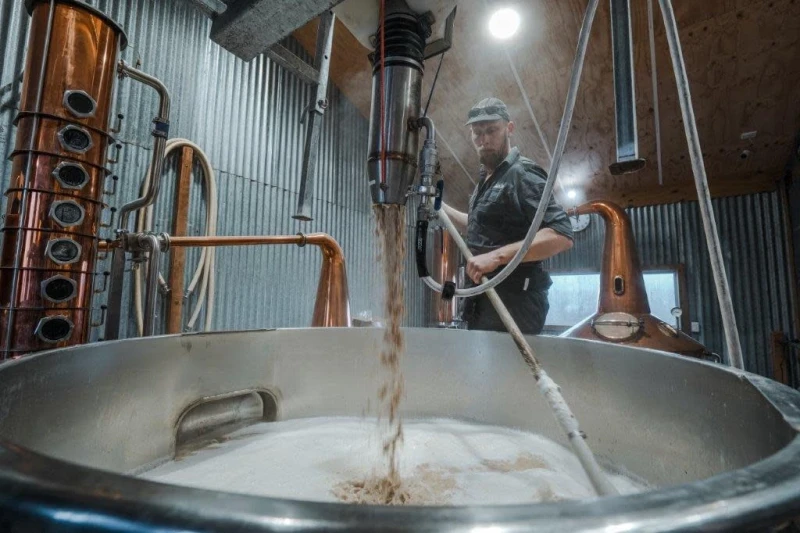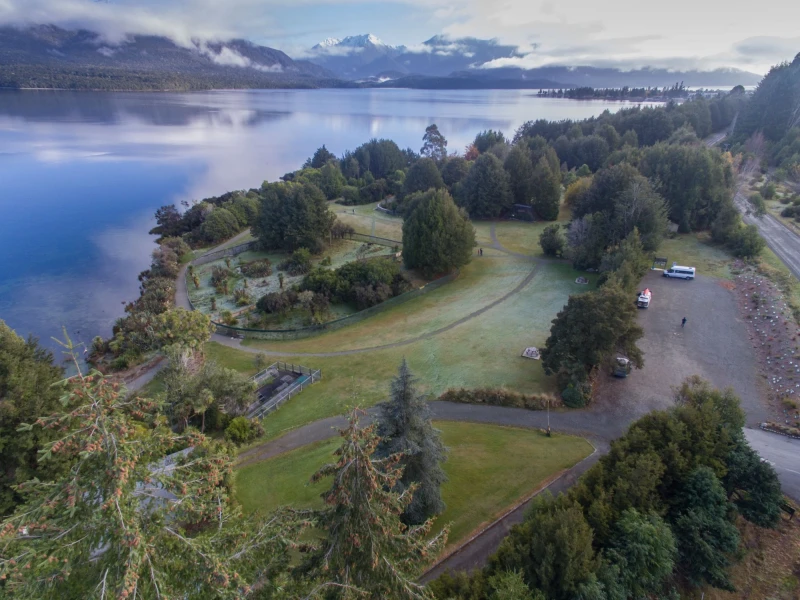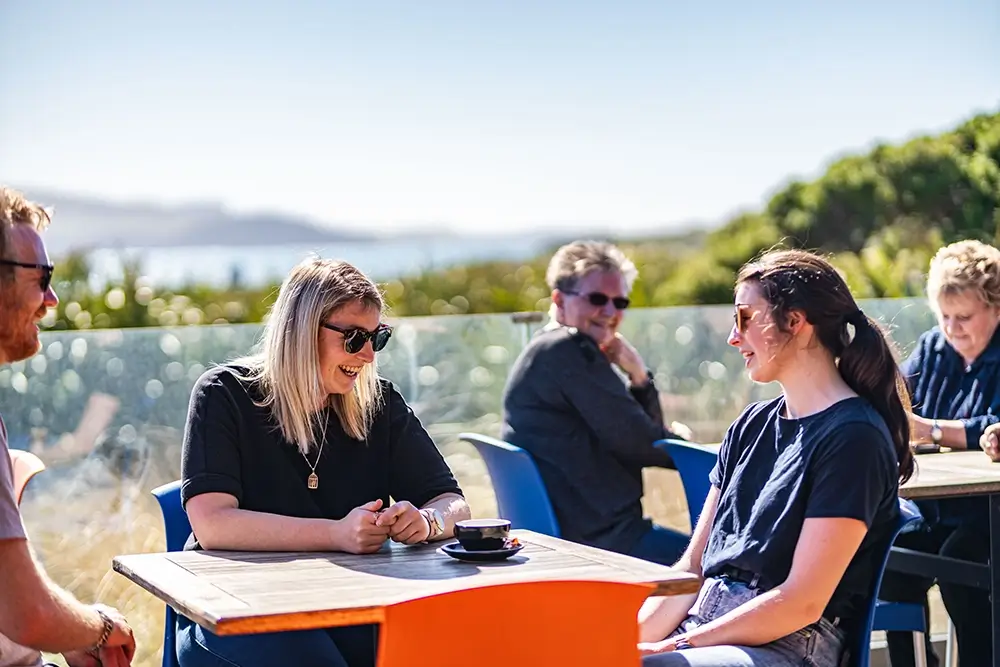Skills Leadership group established for Southland
22 Jul 2020
A Regional Skills Leadership group for Southland has been established to provide advice and prepare for the region’s changing labour market, particularly in light of the challenges facing the region as a result of COVID-19, and the announcement of the closure of Tiwai Point Aluminium Smelter.
The group is one of 15 Regional Skills Leadership groups in New Zealand, set up by the Government in collaboration with regional partners to identify and support better ways of meeting future skills and workforce needs in our region.
The group draws together leaders who are already active in their communities, representing expertise across employment, business, unions, Māori development and local government.
“These groups were planned before the arrival of COVID-19 as part of a joint approach to labour market planning, and with the closure announcement of the Tiwai Point Aluminium Smelter, the work of the Southland group is now more important than ever,” says Willie Jackson.
The Southland interim Regional Skills Leadership group will help ensure we understand the impact of COVID-19 on jobs in the region and plan for the signalled closure of Tiwai Point Aluminium Smelter. The group will act as a central point of local labour market information and independent advice to government and this advice will help government provide tailored and effective support to meet the needs of local employers and jobseekers, now and into the future.
“The group’s advice will help inform local solutions for local problems and ensure the workforce, education, social and immigration systems in Southland are working together to meet changing skills needs,” says Willie Jackson.
“The Southland group reflects the diversity of the region and I would like to acknowledge the support of Great South, the New Zealand Council of Trade Unions and our Treaty partners in bringing this group together.
“Overcoming the immediate challenges of COVID-19 and the announcement of the closure of Tiwai Point Aluminium Smelter will require collaboration and collective solutions. The Regional Skills Leadership group will be ideally placed provide the information to help the region the best support possible.”
The group will be co-chaired by Aimee Kaio, Manager of Tribal Economies – Tokona te Ao of Te Rūnanga o Ngāi Tahu and Paul Marshall, Founding Director of Thriving Southland and Founder and Co-Chair of the Waiau Rivercare Group.
“The Regional Skills Leadership groups are an important group that will be advising Crown on the workforce and skills required today and in the future to maximise Regional collaborations and growth. We want to ensure whānau have the best pathways toward redeployment and employment today, and pathways toward skill development and enterprise in the future,” says Aimee Kaio.
Paul Marshall says that the group is ideally positioned to support the region through these uncertain times.
“Communities thrive with higher rates of employment. This group is committed to ensuring that we provide high quality and effective advice for what is needed in the region especially following the announcement of the indicated closure of Tiwai Point Aluminium Smelter, and the effect that COVID-19 continues to have on businesses and staff.”
Members of the group are regional industry leaders, economic development agencies, and iwi, worker and government representatives, who will contribute their knowledge and local expertise.
They will be supported by a team of data analysts, policy advisors and workforce specialists within the Ministry of Business, Innovation and Employment.
The groups will work closely with local and national initiatives and entities, including the six interim Establishment Boards for the Workforce Development Councils that will focus on industry specific training needs across all of New Zealand.
The 15 Regional Skills Leadership groups are initially set up on an interim, one-year basis with a swift appointment process, and a mandate to support the immediate response to the regional labour market impacts and disruption arising from COVID-19.
In the longer term, the groups will develop Regional Workforce Plans, which project labour supply needs, to ensure the regions have the right skills and workforce planning to seize local economic opportunities.
Southland members:
- Co-Chair: Aimee Kaio, Ngai Tahu manawhenua Iwi representative; Manager, Tribal Economies, Te Runanga o Ngai Tahu
- Co-chair - Paul Marshall, Founding Director of Thriving Southland (TS) In and Founder and Co-Chair of the Waiau Rivercare Group
- Member: Ceri Macleod, GM, Southland and Otago Regional Engineering Collective
- Member: Richard Gray, Operations Manager, Fonterra
- Member: Chris Kennett, Production Manager, Ballance Agri-Nutrients Ltd
- Member: Lisa Shaw, Group Training Manager, Alliance Group
- Member: Janette Malcolm, Director, Community/ South Alive Ltd - Policy
- Member: Richard Kyte, Regional Leader, Federated Farmers
- Member: Dion Williams, Ngai Tahu manawhenua iwi representative; Regulatory Manager, PowerNet Limited
- Member: Anna Huffstutler, E Tu
- Member: Gary Davis, New Zealand Meat Workers Union
- Member: Graham Budd, CE, Great South
- Member: Toni Biddle, Deputy Mayor
- Member: Jason Tibble, MSD Regional Commissioner and Regional Public Service Lead
- Member: Stewart Hamilton, Chief Executive and General Manager NZAS
Republished with permission by MBIE
